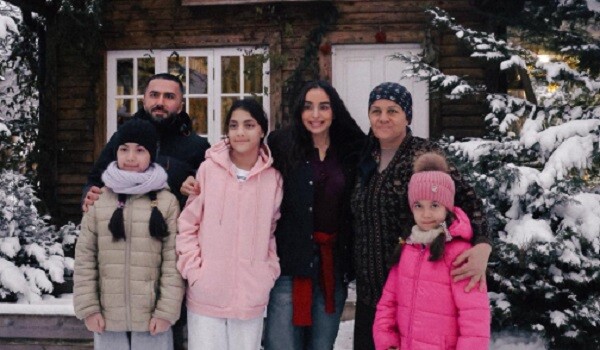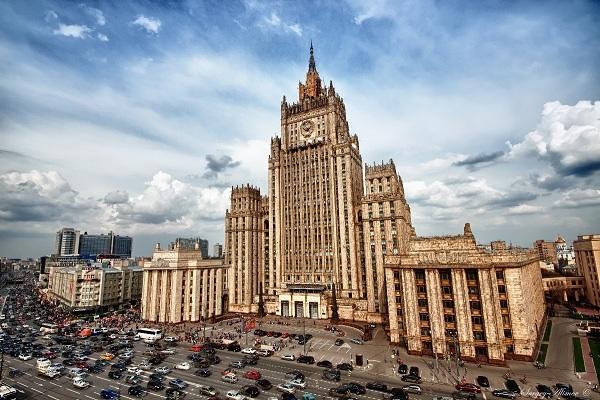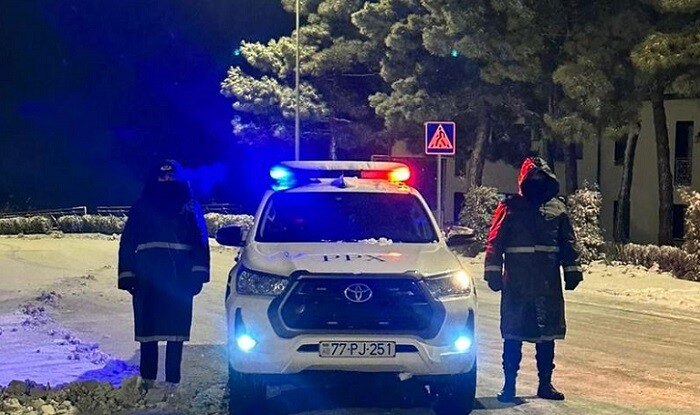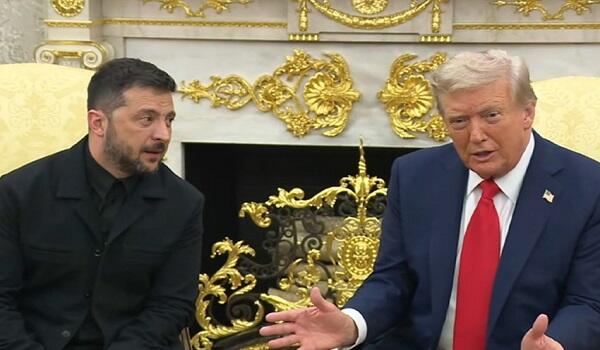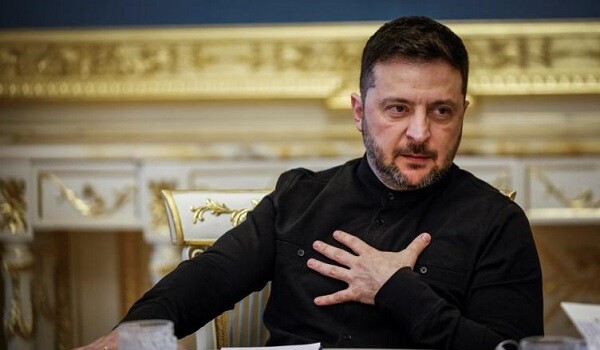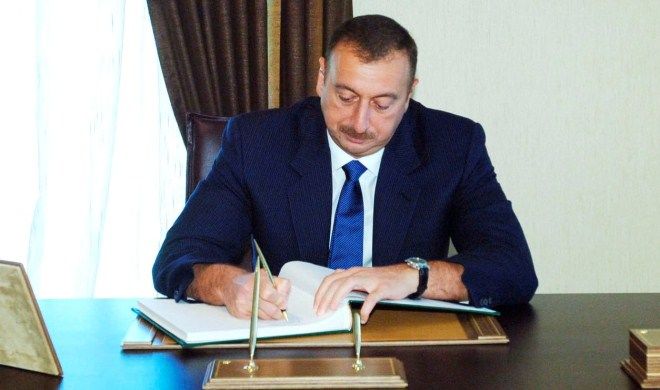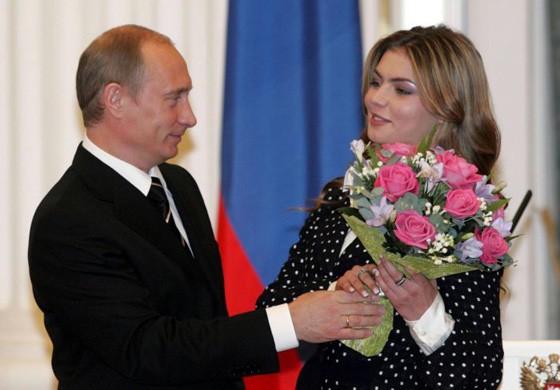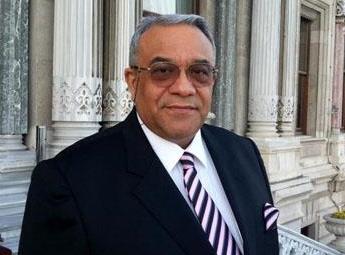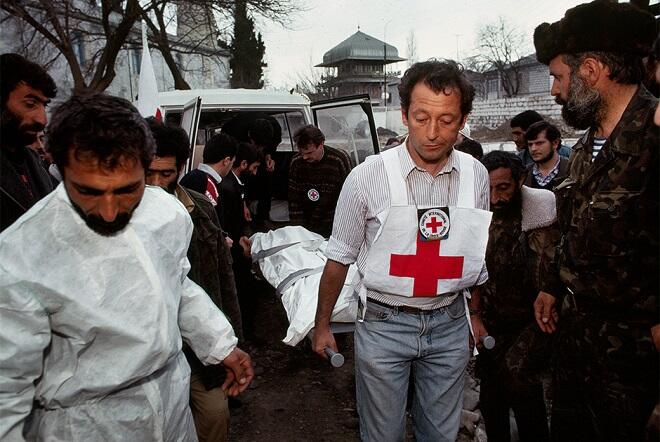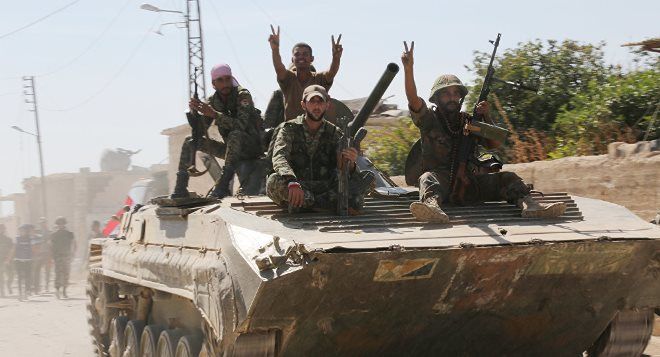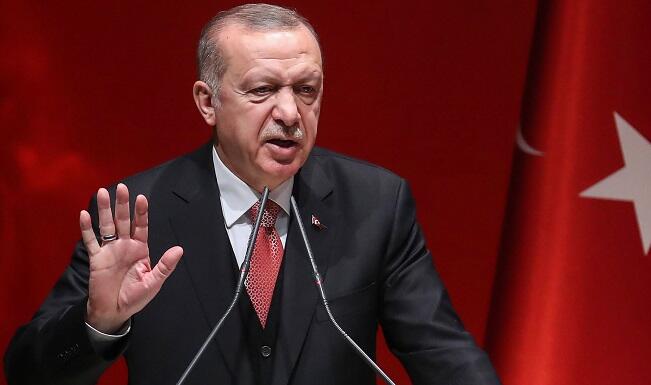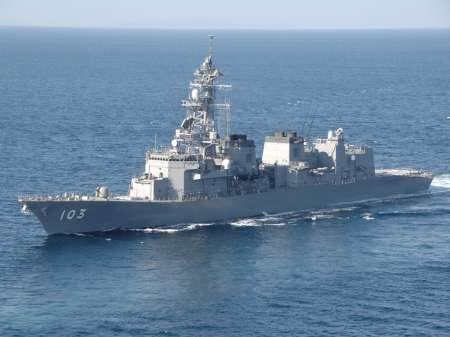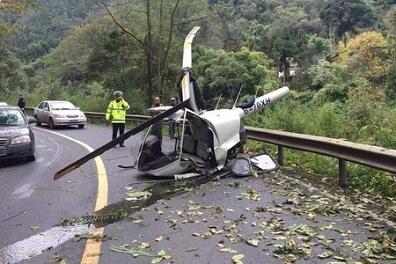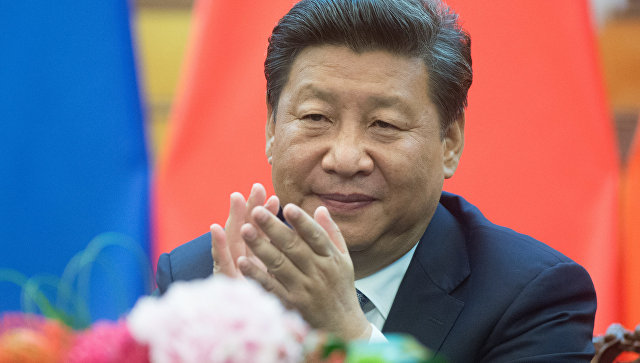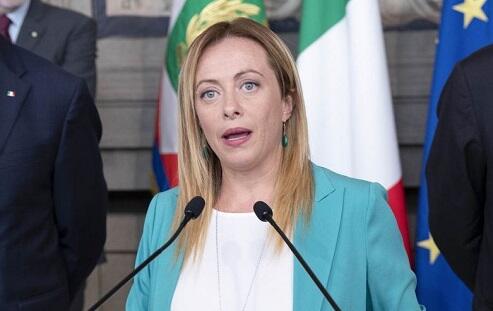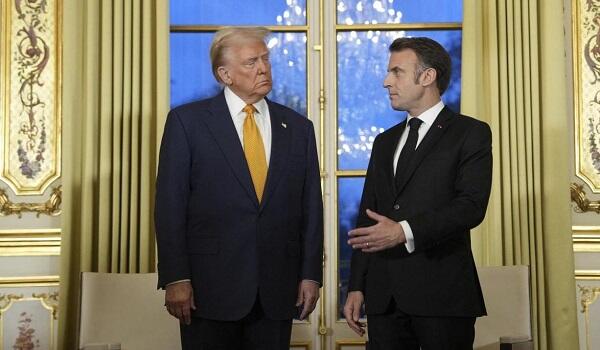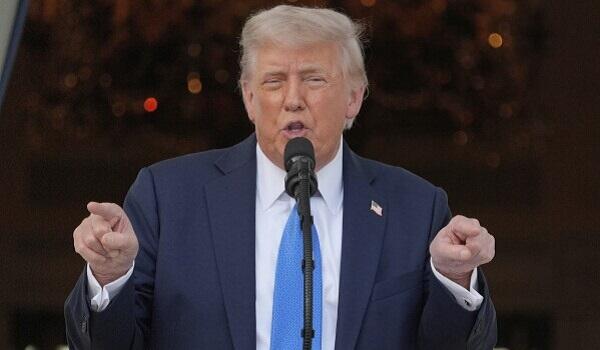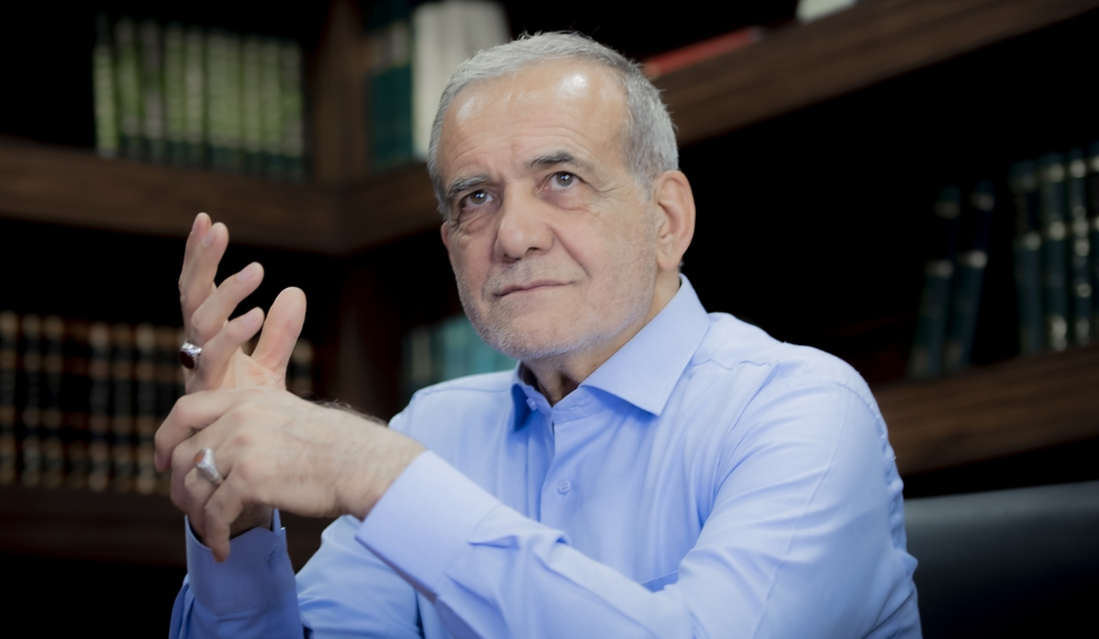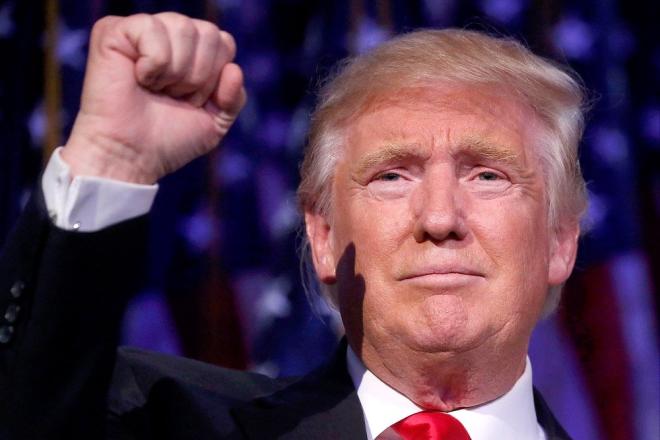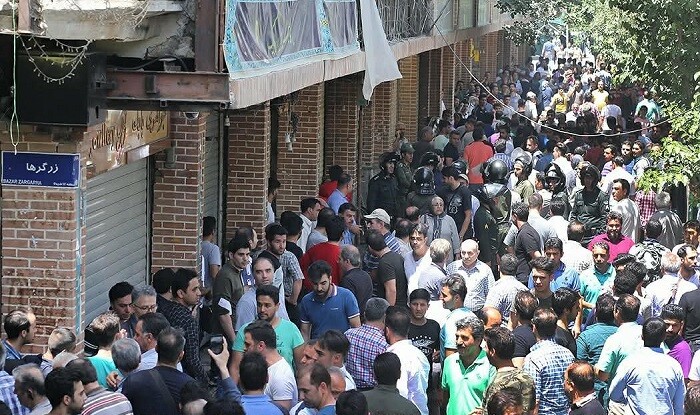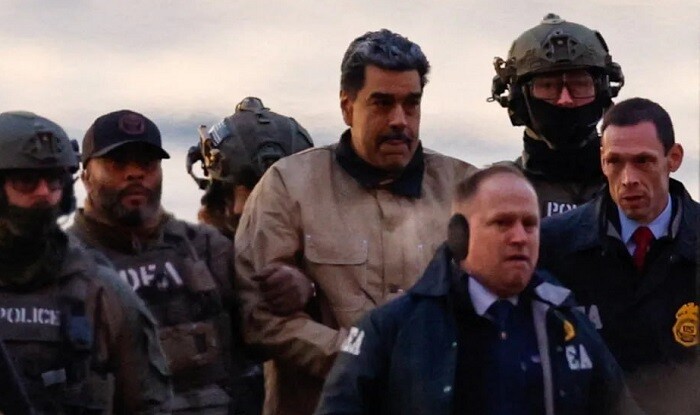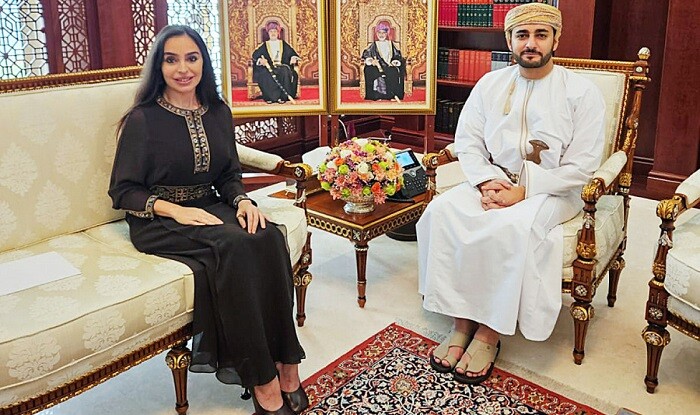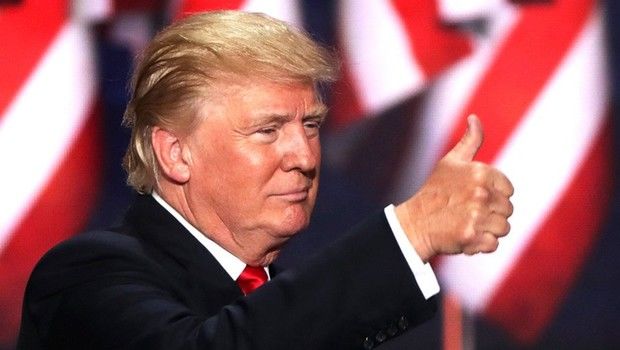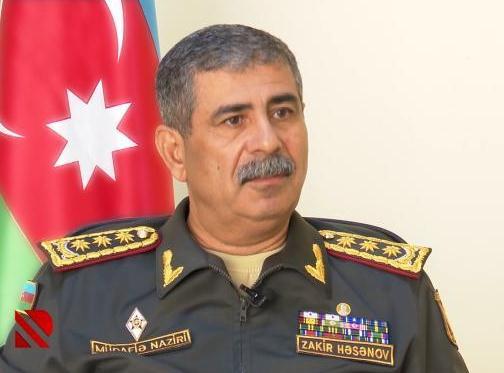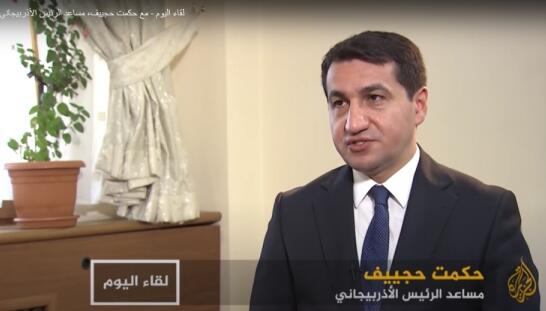Iranian President Masoud Pezeshkian, during his tenure as Tabriz's MP and later during the presidential election campaign, repeatedly stated his support for negotiations with Western countries, including the United States. He declared that many of the country’s problems stemmed from sanctions imposed due to Tehran’s misguided international policies.
Axar.az reports that the president emphasized that resolving these issues and normalizing Iran's relations with world nations lies in talks with the West, including the United States. Pezeshkian's remarks and proposals were met with strong reactions from the conservative political wing, particularly from IRGC (SEPAH) commanders. They accused those in favor of talks with the U.S. and the West of being weak and surrendering, and of betraying the values of the Islamic revolution.
As usual, the country's leader, Ali Khamenei, attempted to use the confrontation between both political factions to his advantage, avoiding a clear stance through ambiguous statements. He reiterated that "tactical retreats and showing appropriate flexibility in the face of enemies" were possible, as he had mentioned several times before, to alleviate the pressures felt due to the gravity of the situation.
Despite Khamenei's advice, the continued harsh reactions of IRGC commanders to Pezeshkian's proposal for negotiations with the West reflect the existence of internal divisions within the regime. The IRGC commanders, accustomed to dominating all political and economic centers in the country, have increased their declarations that they would not tolerate any changes outside of their will and control. One such statement was made by IRGC Deputy Commander General Mohammadreza Naghdi.
He criticized those who claimed national reconciliation lies in negotiating with the U.S. and solving problems with it, stating that speaking of softening relations with America is unacceptable and disgusting. Naghdi asserted that Iran must oppose the U.S. more harshly than ever and branded those who think otherwise as surrenderists.
It should be noted that Pezeshkian has repeatedly called those who oppose negotiations with the U.S. and the West “sanctions brokers,” accusing them of profiting greatly from the sanctions imposed on the country.
Naghdi has made several important statements in the past, which later emerged as the official stance of the IRGC. In this regard, his latest statement can be interpreted as a warning message from the IRGC to Pezeshkian. This suggests that Iran’s new president will not be successful in his efforts to negotiate with the U.S. and the West for the easing of sanctions, facing a difficult process ahead.
It should also be noted that the entities and individuals Pezeshkian referred to as “sanctions brokers” are mainly the IRGC and its commanders. They have established extensive networks to circumvent U.S. and Western sanctions, engage in smuggling fuel exports, and bring various goods into the country through indirect means. The bulk of the illicit import and export trade, with an annual turnover in the tens of billions of dollars, is either directly or indirectly controlled by the IRGC commanders, and it seems unlikely that they will relinquish this control.
One of the key figures overseeing this network is Mojtaba Khamenei, the son of Ali Khamenei.


